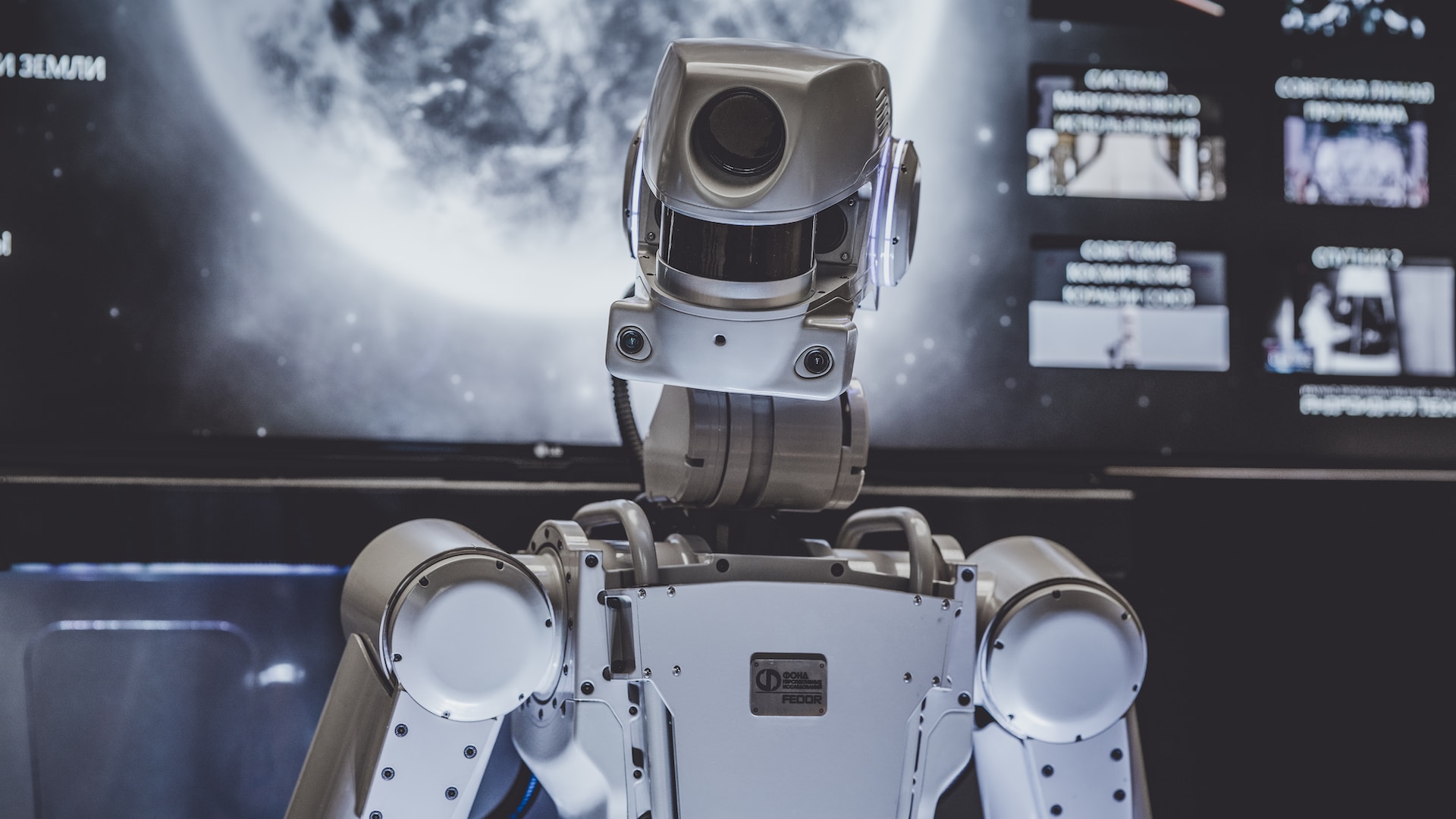From automated factory assembly lines to helping you cheat on your college term paper, AI is doing things today that were barely imagined only a few short years ago. As such, you might be wondering, “is my job at risk of being taken over by robots?” or “will we all end up unemployed?”
The short answer is, unless you work in a very specific, repetitive role, it’s unlikely that you’ll be replaced by AI anytime soon.
As we navigate the landscape of AI and automation, the fear of job loss is understandable. However, historical patterns show that past technological shifts resulted in a net increase in jobs. According to a McKinsey study, only about 5 percent of jobs are at risk of full automation, leaving room for new roles to emerge.
Consider the repetitive aspects of your job — the mundane tasks that can make work feel like a grind. AI can handle those, freeing you up for more engaging and creative work. It’s like having a reliable assistant for routine work.
AI is a game-changer for productivity. Machines that don’t require breaks translate to lower costs for businesses. This, in turn, can lead to more affordable goods, an increase in your disposable income, and a potential boost for the economy.
AI’s impact extends beyond jobs and the economy; it has promising environmental benefits. Picture AI-driven farming practices increasing food production while reducing the need for manual labor and harmful chemicals.
When it comes to regulations, a nuanced approach is key. Rather than imposing strict rules on AI, supporting industry standards set by tech experts could be the way forward.
Collaboration is crucial. Allowing AI experts to share ideas without legal complications through open-source initiatives can accelerate progress. Legislators should avoid creating barriers to entry for AI developers and businesses, ensuring a competitive and innovative market environment.
By embracing collaboration, we unlock the full potential of AI, creating a future that isn’t about machines taking over but enhancing our own capabilities.
So, the next time you hear about robots and AI advancements, remember: it’s not about replacement, it’s about enhancement. AI is here to augment your work life, taking care of the mundane so you can focus on what truly matters.
The future of AI will be an important topic of discussion at Students For Liberty’s upcoming LibertyCon International.
Connor Boyack, the author of the Tuttle Twins book series; Bryan Caplan, Professor of Economics at George Mason University, and Tony Lopes, CEO of Dirty Boots Capital, will discuss important questions around AI, such as its economic potential, impact on the job market, and the prospect of regulation.
Students For Liberty’s flagship annual event, LibertyCon International will be held in Washington, D.C., on February 2-4, 2024. It promises to be the place for engaging with leading experts and connecting with others who share a dedication to advancing pro-liberty ideas and creating a freer future.
Click the button below to sign up for updates and secure your spot at this exciting event. We can’t wait to see you there!
This piece solely expresses the opinion of the author and not necessarily the organization as a whole. Students For Liberty is committed to facilitating a broad dialogue for liberty, representing a variety of opinions.



